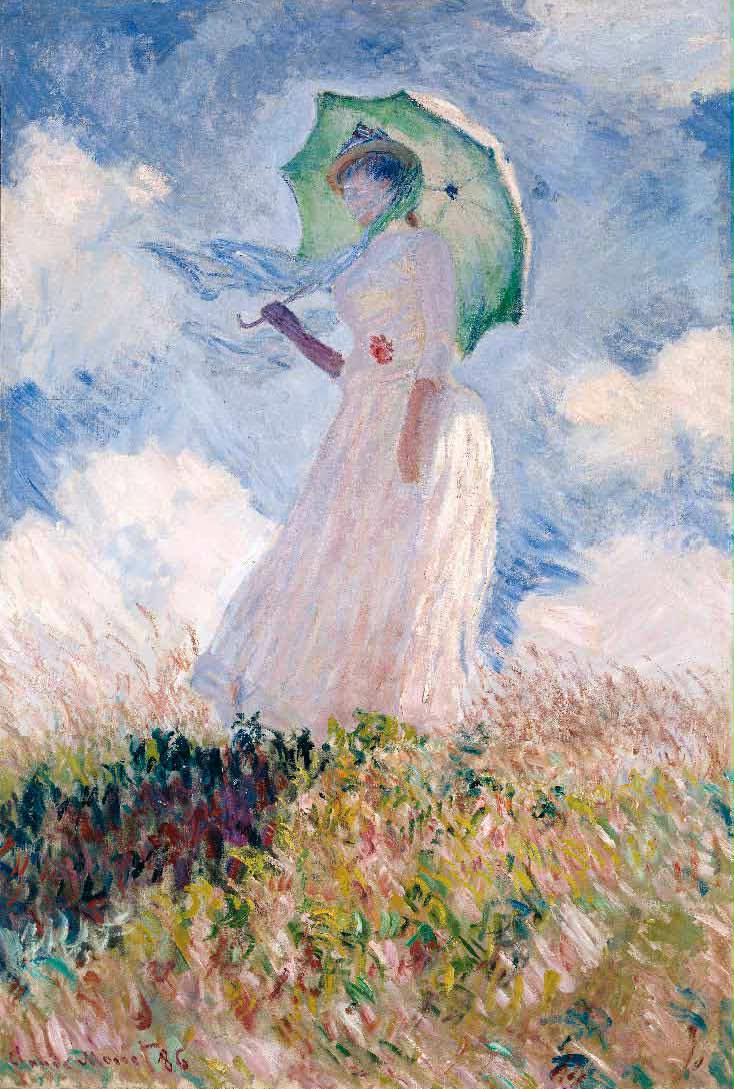It’s pitch black again. Déjà vu. I close my eyes and steady my breathing like I did the first time and slowly open my eyes to find myself on stage, an electric guitar in hand and a microphone right in front of me. Another crowd’s cheering. I know this stage. It’s in my university’s hall. Am I in Cine-radio’s jam session. COOL! I tried to get a spot on the roster but I couldn’t find bandmates before. I squint trying to figure out their faces. Holy Moly… They’re faceless. I look behind. Even my bandmates are faceless. This is creepy. What am I supposed to do? What’s the test here?
This feels familiar somehow. I’ve always wanted to be in a band. Well, I was in a band before and yes I was the band’s vocalist but I’ve never played an instrument, let alone an electric guitar. I remember that I’ve always wanted to be the center of attention, on stage, heart-shaped eyes fixated on my flawless performance. I’ve always day-dreamed about earning the appreciation of my entourage, the compliments of others, and the spotlight. I can’t count how many times my reverie led me to envisage myself in cool, rock clothes playing magnificent solos of Motorhead or DGM and having a compelling voice. Right now, I might be an okay dancer but my voice still sucks.
So, what am I supposed to do? what’s the test?
- « This is just a bonus scene from your brain. Kind of like in video games. »
- « Right, I forgot that I’m a prick and you’re a prick. Ergo, my brain HAS TO BE a prick. »
- « Compliments won’t get you out of the test buddy. Keep on bellyaching. »
He makes a good point. I should orient my complaining into figuring out what my brain’s trying to make me do, ask of me or tell me.
Fast forward the pitch blackness and bla bla bla.
I’m back at my university again but I’m outside the hall, where I-events held their sports event last year. I’ll be damned, it’s the same setup. Tables gathered together forming some sort of a stage and I’m on top of them. Does that mean I’m the instructor?
About time! This is actually one of my biggest dreams. I’ve worked so hard for this moment as small as it may seem to others. Whereas, it’s Mount-Everest big for me.
- « Cool it, buddy, it’s yet another projection of your subconscious mind. Apparently, your subconscious is fighting the conscious bits of your brain that are hosting your test. »
- « Couldn’t you let me rejoice in my delusional glory moment for a little longer? Jeez, you’re such a party pooper! »
- « There’s no point in rejoicing in fantasy. Wallow in real-life success and not in a pompous illusion. »
- « Whatever man! I don’t often feel successful and you’re trying to rob this moment from me? Why are you even here? It’s not like you’re helping me with clues or hints or whatever. Just leave me alone. »
- « You are blind. If you really want to wake up again, you’d better get it together. I’m out. »
To hell with him. All that he’d done so far is patronize me and condescend to me as if I were a child. He’s me for God’s sake. How can I feel superior to myself? My head aches just thinking about it.
It’s not like I’m reaching milestones on a daily basis. I’ve got multiple objectives, different goals, and dreams. They take time to achieve. I’m making progress but it’s slow as a snail. Maybe it’s because I’m working on all of them at the same time. Maybe if I focus on one or two I’ll be able to grasp success sooner.
NO!
If I direct my full attention to one or two objectives, I’ll lose sight of the others. I’ve got to keep the same strategy because, as laggard as my advancement is, the minuscule stride exists.


Share your thoughts